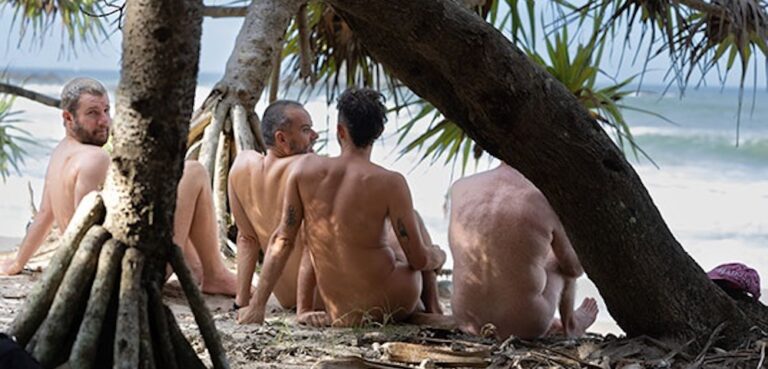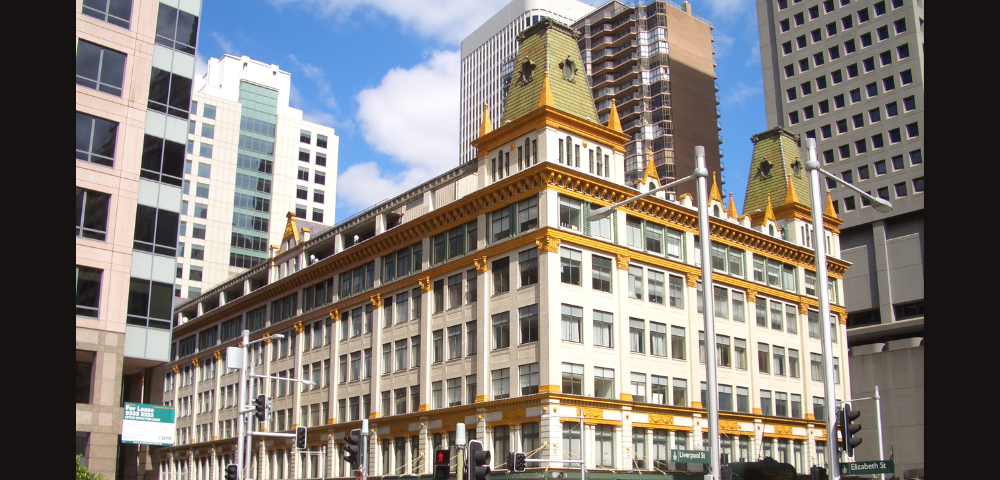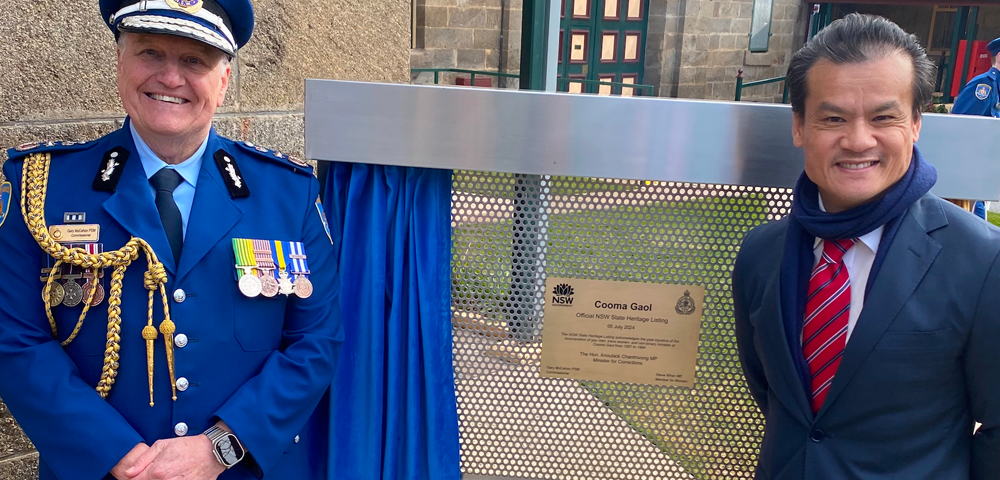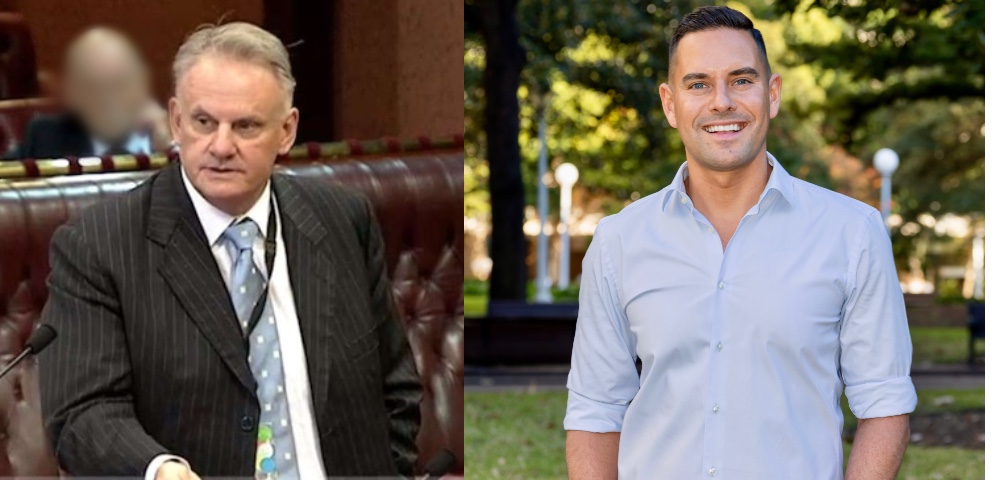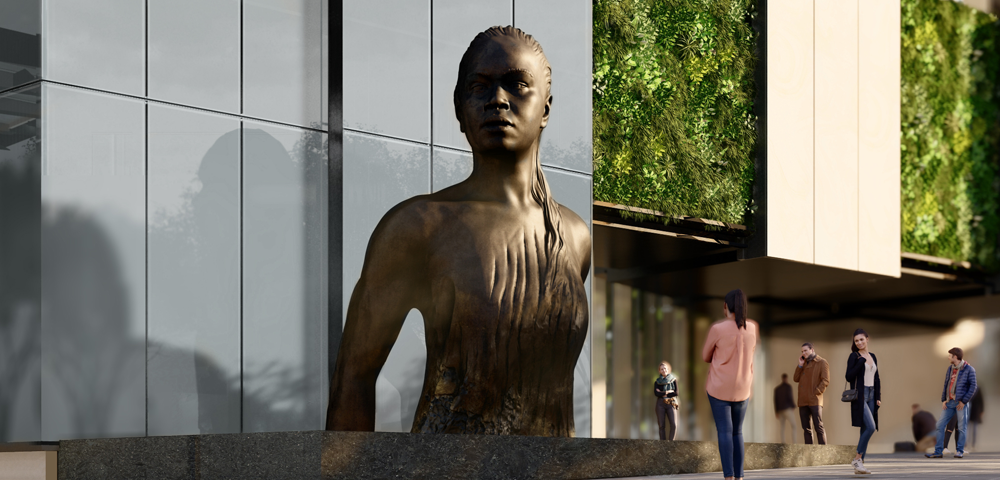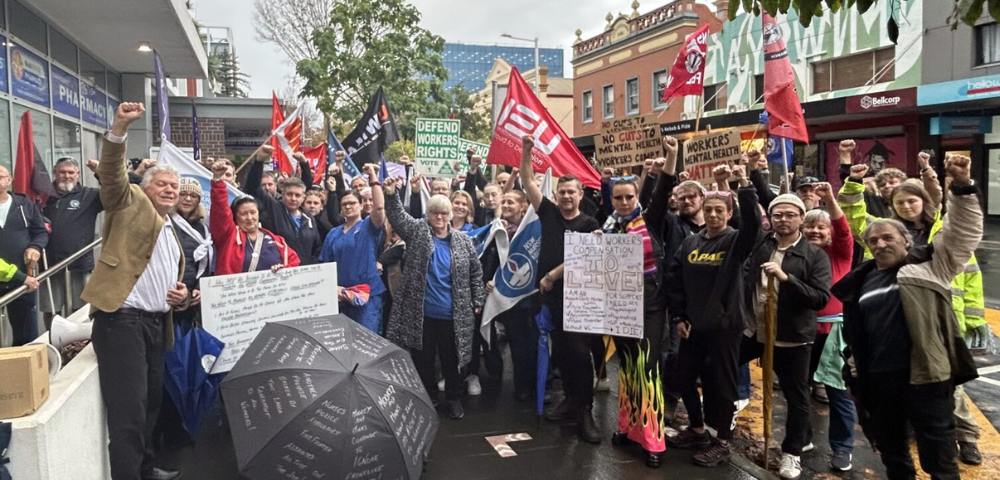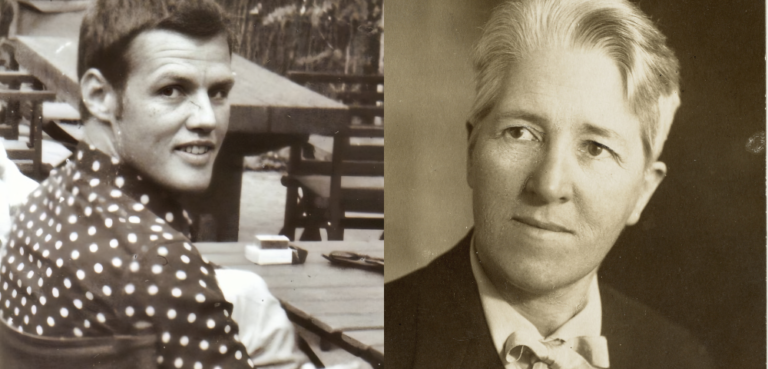
Where are our small bars’
BY MICK ROBERTS
Two months after the introduction of new liquor laws, Sydney is still waiting for its first small bars.
A spokeswoman from the NSW Office of Liquor and Gaming and Racing said although a lot of interest had been shown in the new general bar license, applicants are required to undergo a strict and time consuming community impact statement with City of Sydney Council.
The new laws allow a special $500 license for bars without gaming machines or take away liquor that proponents say will transform the city’s drinking culture.
Many applicants are currently in the community impact process the spokeswoman said.
Sydney Lord Mayor Clover Moore, who spearheaded a campaign for smaller, boutique style bars for the city, said the new laws will encourage a more civilised and diverse night time economy and said she looked forward to the first bars opening.
‘Residents will now be notified about any new liquor licence applications within 100 metres of their property,’ Cr Moore said.
‘They will have the opportunity to comment during the Community Impact Assessment process, which applicants have to carry out before submitting liquor licence applications.
Residents will also be able to provide a submission to the Casino, Liquor and Gaming Authority before a decision is made on an application. Police and councils will also have more input into the Authority’s decisions.
Melbourne’s Monash University Professor John Nieuwenhuysen told The City News that small bars in Melbourne has seen the expansion of European-style small drinking premises, mostly in association with food.
Professor Nieuwenhuysen was made a member of the Order of Australia for his contributions to independent public and private sector research and to the reform of the liquor laws of Victoria.
‘A great new industry and ambience and a change in street culture have been at the basis of Melbourne’s transformation,’ he said.
The number of liquor outlets in Victoria has grown from 3200 in 1988 to over 19,000 today, while per capita alcohol consumption has declined, Professor Nieuwenhuysen said.
‘Binge drinking, especially among younger people, in large premises such as nightclubs are a definite problem. As with beer barn hotels of old, it is the massed scale of the clubs, and the combination of alcohol and other drug consumption, that creates special difficulties,’ he said.
‘The same cannot be said of the smaller European-style premises, which Sydney would do well to encourage.’
Clover Moore Independent Team candidate, John Wardle, was a driving force in the ‘Raise the Bar campaign’ – the campaign instrumental in gaining community support for the Small Bars Bill.
‘The ink is barely dry on the new laws, and they have only been in force for a matter of weeks,’ Mr Wardle said.
‘I think that as the new environment progresses a lot of the people now who are predicting that the city will regress into an absolute bun-fight and who maybe haven’t done a great deal of homework on the new laws will understand that there are more powerful and effective measures to address these problems than at any time in the past.
‘Having said this, it is also important that well managed premises be given a fair go, and be able to expect a reasonable degree of certainty as long as they do the right thing.’
Mr Wardle, who is number eight on Clover Moore’s ticket, admits gaining a place on council will be a big ask.
The former music teacher, and musician says Clover Moore’s Independents would need 66 per cent of the vote for him to become a councillor.
The 38-year-old said he hoped to be elected as a councillor to assist in an orderly transition for the new liquor laws and changes under planning legislation with the removal of Place of Public Entertainment (PoPE) approvals.
‘I feel that with new liquor and planning laws for the night economy and cultural activity, there is a once in a lifetime chance here to be building a vibrant and exciting city that really encourages and supports the amazing creative voices we have, rather than importing all our culture from elsewhere.’

